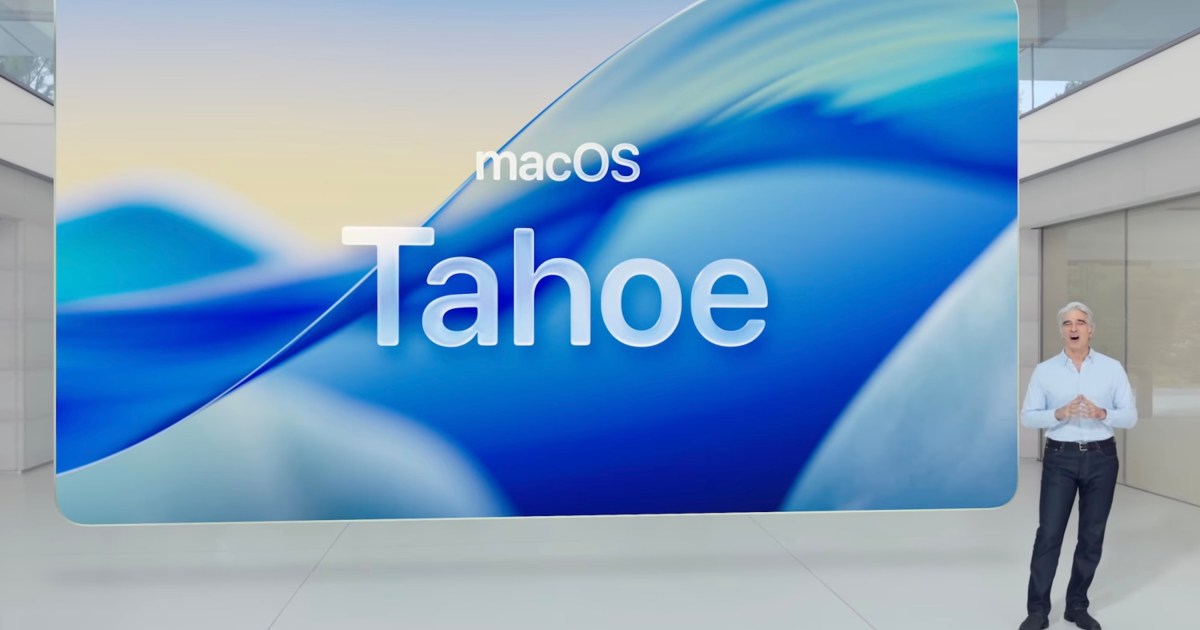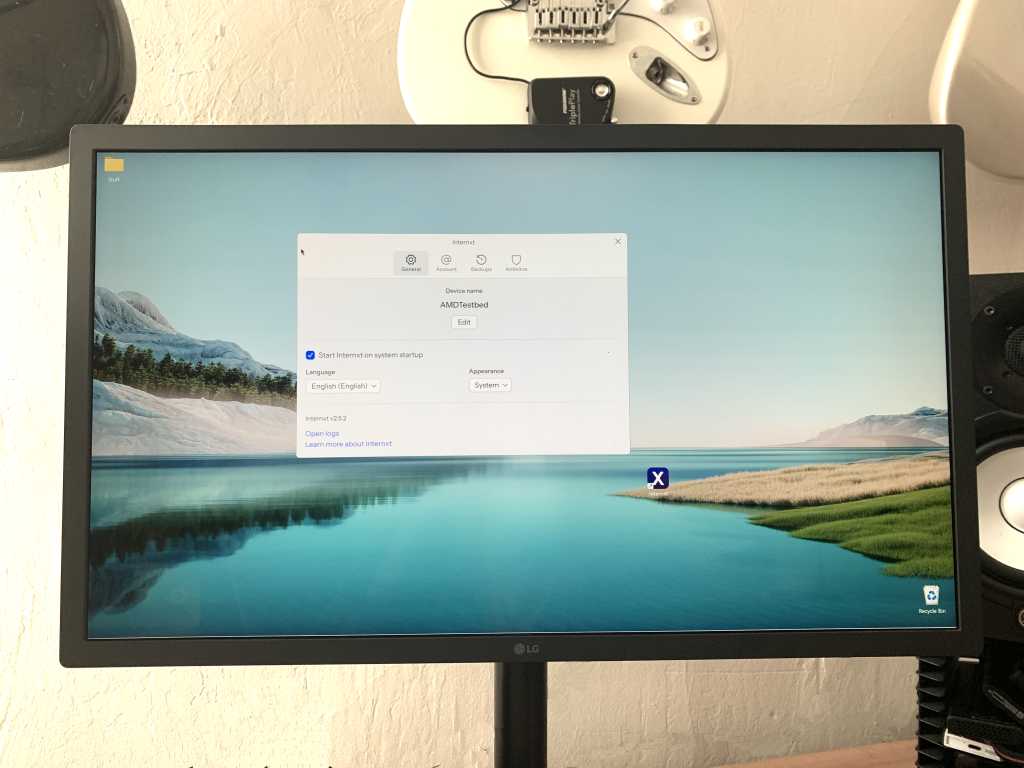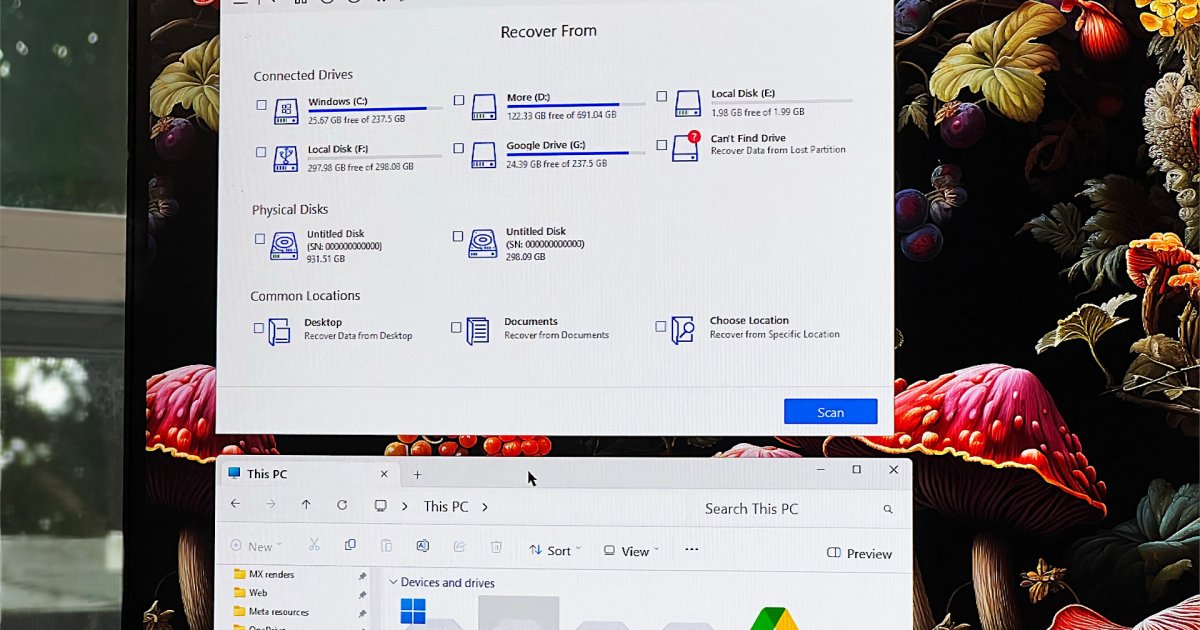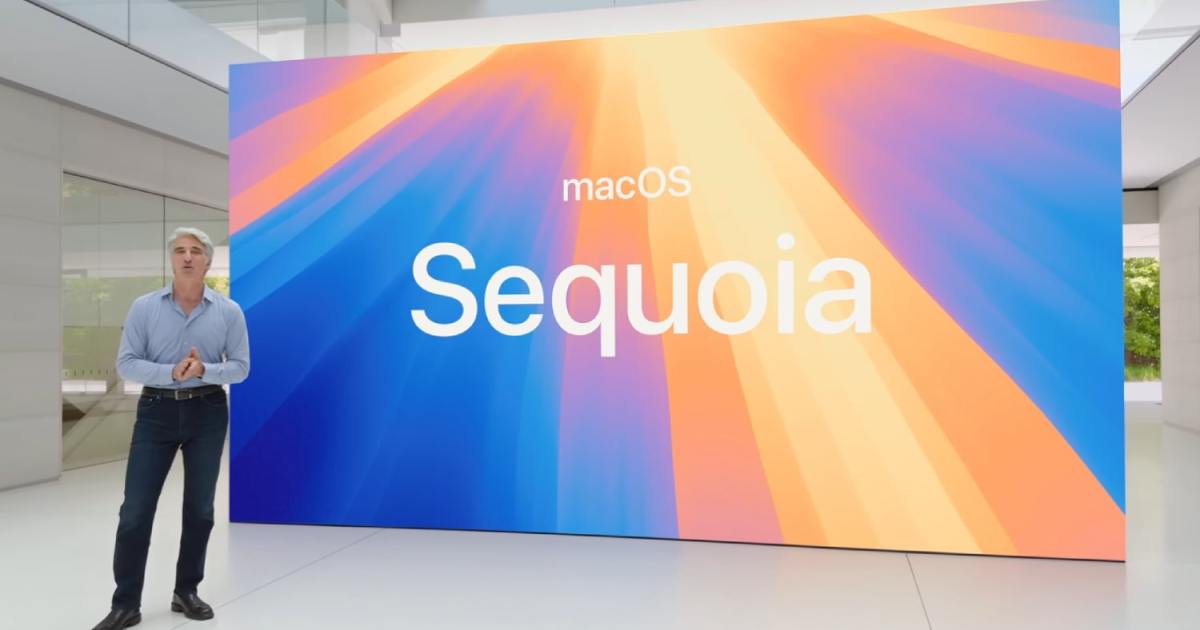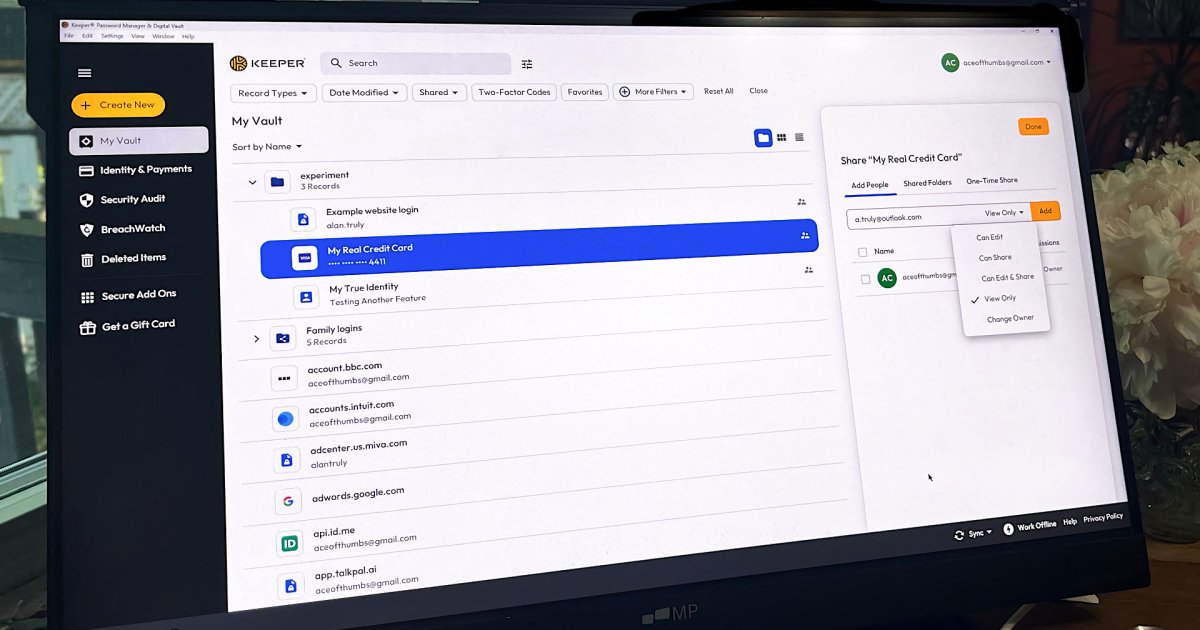Apple’s recent WWDC event brought a wave of software announcements, including the upcoming macOS Tahoe. A key revelation is that macOS Tahoe Intel support will be significantly limited, marking it as the final macOS version to receive new features for Macs powered by Intel processors, as Apple completes its transition to Apple Silicon.
Apple Confirms macOS Tahoe as Final Feature Update for Intel Macs
During WWDC, Apple confirmed macOS Tahoe (officially macOS 26) is the last version bringing new features to Intel Macs. Matthew Firlik, Apple’s senior director of developer relations, announced this, aligning with Apple’s full shift to its custom Apple Silicon chips, a transition completed in 2023 after starting in 2020.
macOS Tahoe Compatibility: Which Intel Macs Are Supported?
Only a few Intel Macs from 2019-2020 will get macOS Tahoe; Intel MacBook Air and Mac mini models are excluded.
The official macOS Tahoe compatibility list includes:
- MacBook Air (Apple Silicon, 2020 and later)
- MacBook Pro (Apple Silicon, 2020 and later)
- MacBook Pro (16‑inch, 2019)
- MacBook Pro (13‑inch, 2020, four Thunderbolt 3 ports)
- iMac (2020 and later)
- Mac mini (Apple Silicon, 2020 and later)
- Mac Studio (2022 and later)
- Mac Pro (2019 and later)
Macs Losing Support: From Sequoia to Tahoe
Many Macs currently running macOS Sequoia will not be eligible for the macOS Tahoe upgrade. For these models, macOS Sequoia will be its final feature update:
- MacBook Air (Retina, 13-inch, 2020, Intel)
- MacBook Pro (13-inch, 2018, four Thunderbolt 3 ports)
- MacBook Pro (15-inch, 2018)
- MacBook Pro (13-inch, 2019, four Thunderbolt 3 ports)
- MacBook Pro (15-inch, 2019)
- MacBook Pro (13-inch, 2019, two Thunderbolt 3 ports)
- MacBook Pro (13-inch, 2020, two Thunderbolt 3 ports)
- iMac (Retina 5K, 27-inch, 2019)
- iMac (Retina 4K, 21.5-inch, 2019)
- iMac Pro (2017)
- Mac mini (2018)
The Future for Unsupported Intel Macs
Intel Mac owners not getting macOS Tahoe can expect continued macOS Sequoia security updates for a period. However, new features in macOS 27 (due next year) and beyond will be exclusive to Apple Silicon devices, marking the end of feature development for these older Intel Macs.
Key Features Coming with macOS Tahoe
Set for release this fall, macOS Tahoe will introduce several enhancements primarily for compatible Mac computers. Highlights include a significant redesign with a new “Liquid Glass” translucent look, greater customization for folders, icons, and Control Center. Users can also anticipate a new Phone app for Mac integrating iPhone calls, a revamped Spotlight search, expanded Apple Intelligence features like Live Translation and smart Shortcuts, and improved Continuity between Mac and iPhone.
Conclusion
The arrival of macOS Tahoe signals the end of an era for Intel-based Macs regarding new OS features. While security updates will continue for a time on their last supported OS, users seeking Apple’s latest software innovations will need to transition to Apple Silicon hardware. Check Apple’s official site for full compatibility details.



